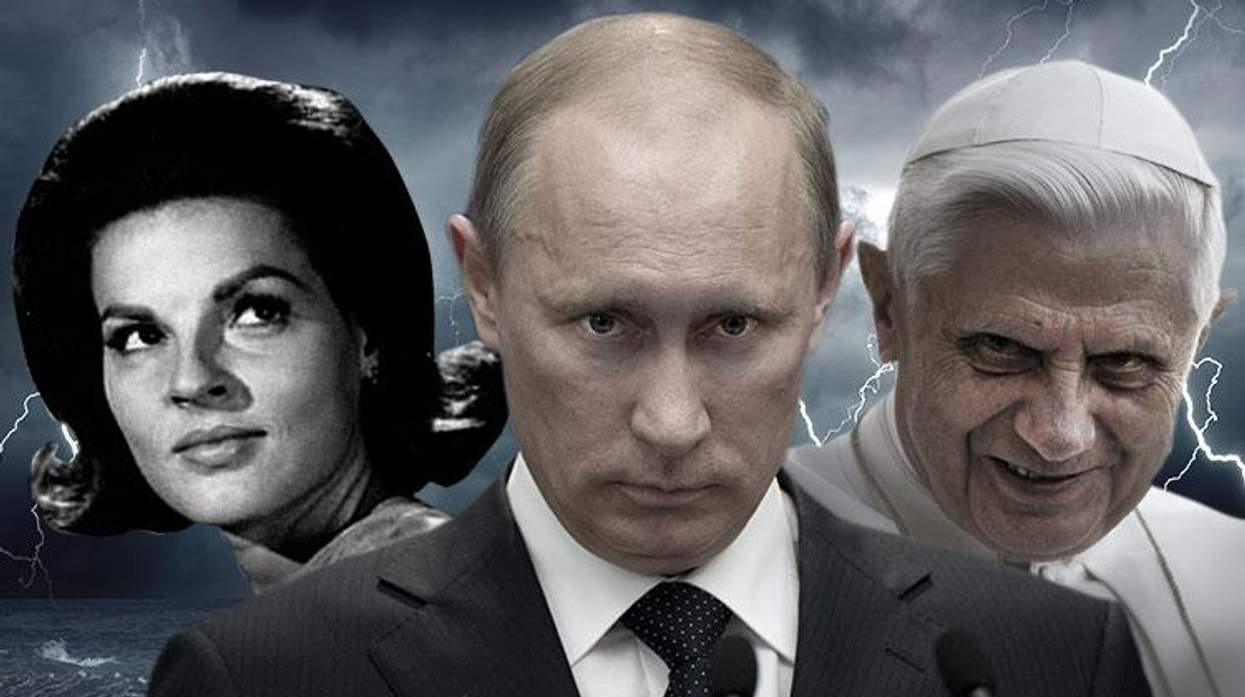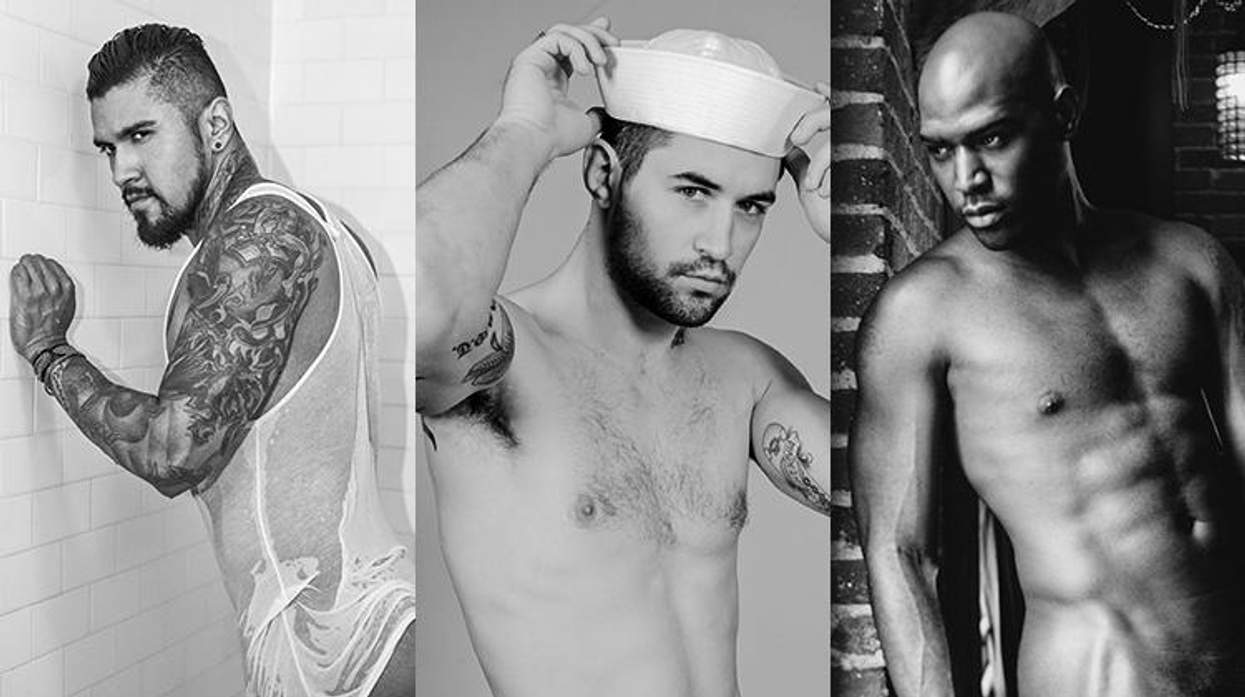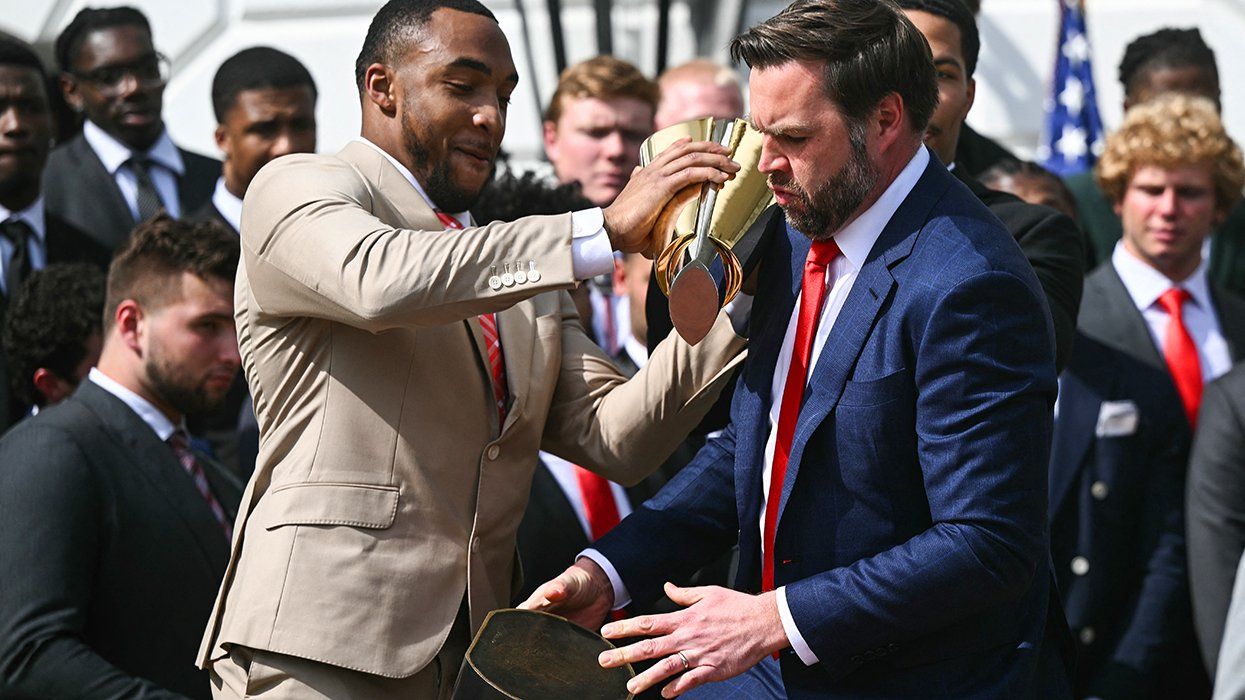15 old-timey names for ‘gay’
Before 'gay' became common and accepted parlance, the world invented its own unofficial terms for men who dug men. Some names were self-created and others were thrust, often cruelly, upon gay, bi, and queer men. Before these words disappear forever, here is a linguistic reminder of days past.
Keep up with the latest in LGBTQ+ news and politics. Sign up for The Advocate's email newsletter.
Mary
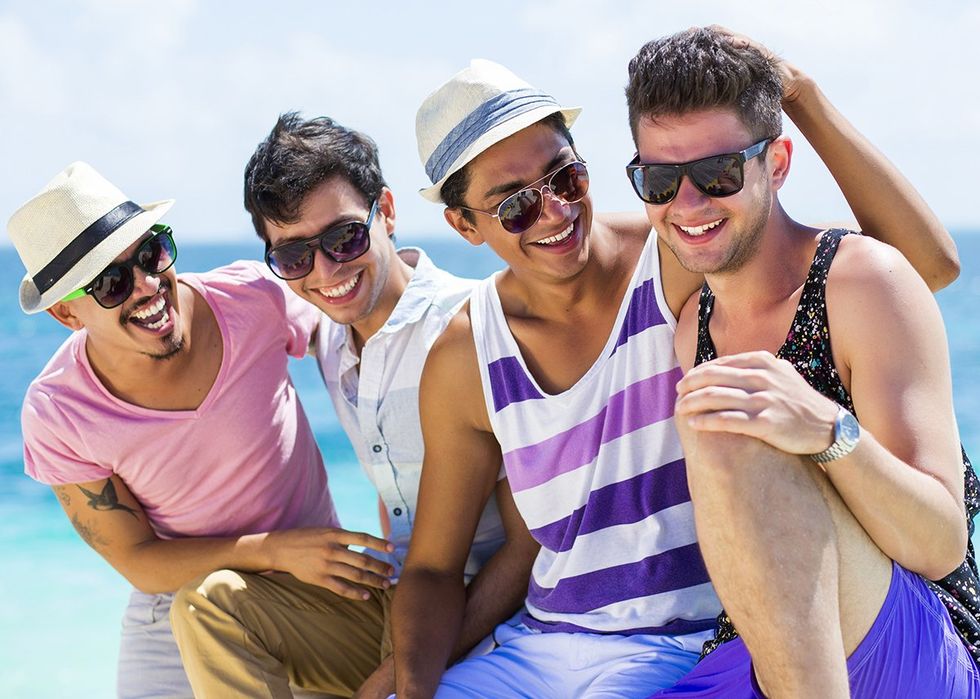
Shutterstock creative
“Mary” is a slang term gay men used for each other in the mid-to-late 20th century, especially for those perceived as effeminate. Oh, Mary!, a play about Mary Todd Lincoln, became a hit off and on Broadway in the 2020s, with queer nonbinary comedian Cole Escola, who also wrote the script, appearing as President Abraham Lincoln’s first lady.
Light in the loafers

Shutterstock creative
This term is also used for effeminate gay men. It’s dated but gained new notoriety in 2019, when Texas Lt. Gov. Dan Patrick, an anti-LGBTQ+ Republican, used it to describe Democratic Congressman Beto O’Rourke, who was then seeking the Dems’ presidential nomination. “He is so light in the loafers he floats off the ground at times,” Patrick said of O’Rourke on Laura Ingraham’s Fox News show. Patrick insisted he was just saying O’Rourke had insubstantive ideas, but Ingraham, who has a gay brother she’s on the outs with, noted that people may think something else. O’Rourke is LGBTQ-supportive but heterosexual. The phrase dates to the 1950s and refers to a “mincing” style of walking, Matthew Riemer, author of We Are Everywhere: Protest, Power, and Pride in the History of Queer Liberation, told NBC News.
Friend of Dorothy
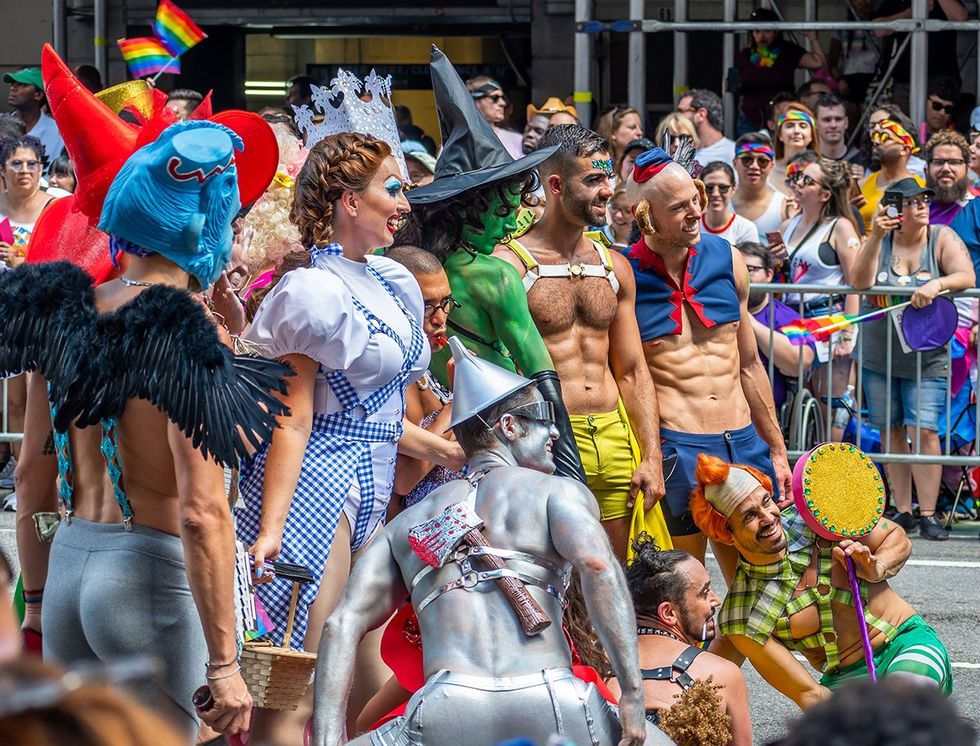
Raphael Rivest/Shutterstock
This was a coded mid-century way of saying someone is gay or asking if they are, originating from the classic 1939 movie The Wizard of Oz, starring Judy Garland, destined to become an icon to the community, as Dorothy Gale. Asking a man if he’s a friend of Dorothy might have elicited a puzzled look if the man is straight, but if he understood the term, it would open the way to friendship or flirtation, notes Folklife magazine.
Bent
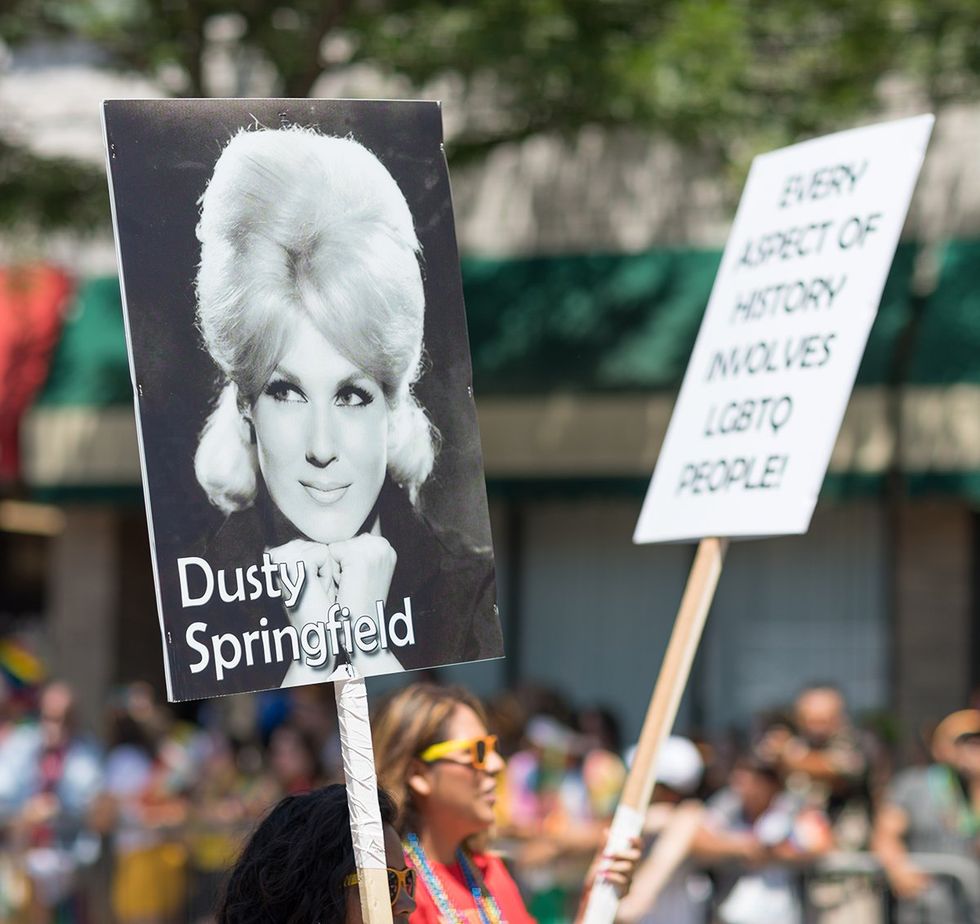
Roberto Galan/Shutterstock
This was used mainly in the U.K., and it was “usually derogatory and offensive,” according to no less than the Oxford English Dictionary. It was sometimes applied to women as well as men. The great pop singer Dusty Springfield, a mostly closeted lesbian, said in a 1970 interview, “A lot of people say I’m bent, and I’ve heard it so many times that I’ve almost learned to accept it.” She added, “I know I’m perfectly as capable of being swayed by a girl as by a boy.” Bent was also the title of an acclaimed play that ran on Broadway in 1979-1980, starring Richard Gere as a gay Jewish man in a Nazi concentration camp.
Poof
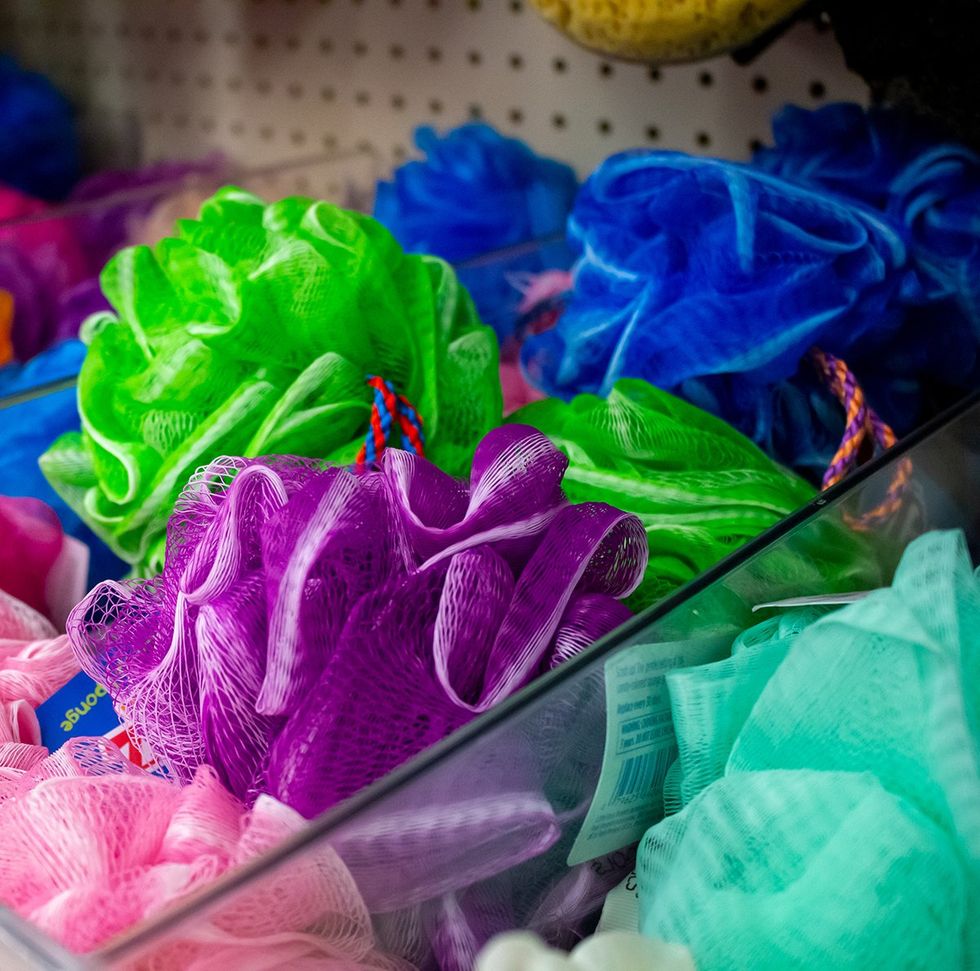
Also largely British, it’s “a term of abuse and disparagement” for a gay man, says the Merriam-Webster dictionary. A variant, “poofter,” was more popular in Australia, according to Oxford Reference. It may derive from a sound the body of the receiving partner makes after anal sex.
Flit
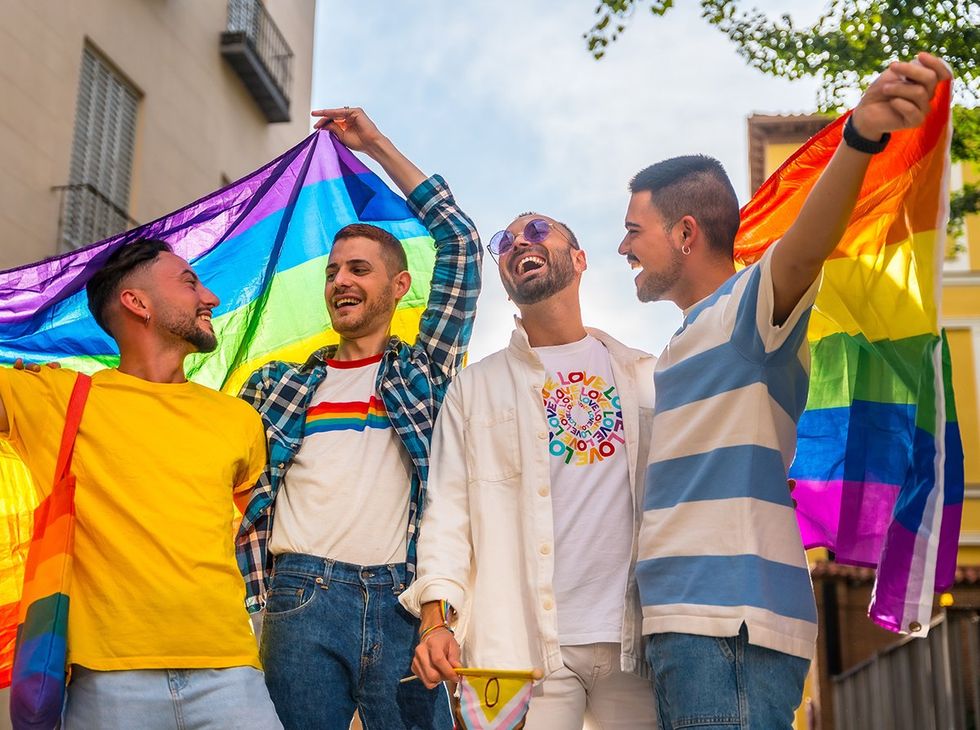
Shutterstock creative
This term for a gay man became well known in the 1950s because of its use in J.D. Salinger’s novel The Catcher in the Rye. Protagonist Holden Caulfield, an alienated teenager, mentions that a pretentious former schoolmate of his knows everything about “flits and lesbians,” and Holden later thinks a teacher who’s given him shelter for the night is making a “flitty pass” at him.
Bugger

Shutterstock creative
Another mainly British term, it derives from “buggery,” a synonym for sodomy. It can be used as a verb as well, meaning “to commit sodomy with,” according to Merriam-Webster, which considers it “vulgar.” It can also mean “a worthless person” or just another chap, M-W says. “Bugger off,” meanwhile, is a way of telling someone to go away.
Fairy
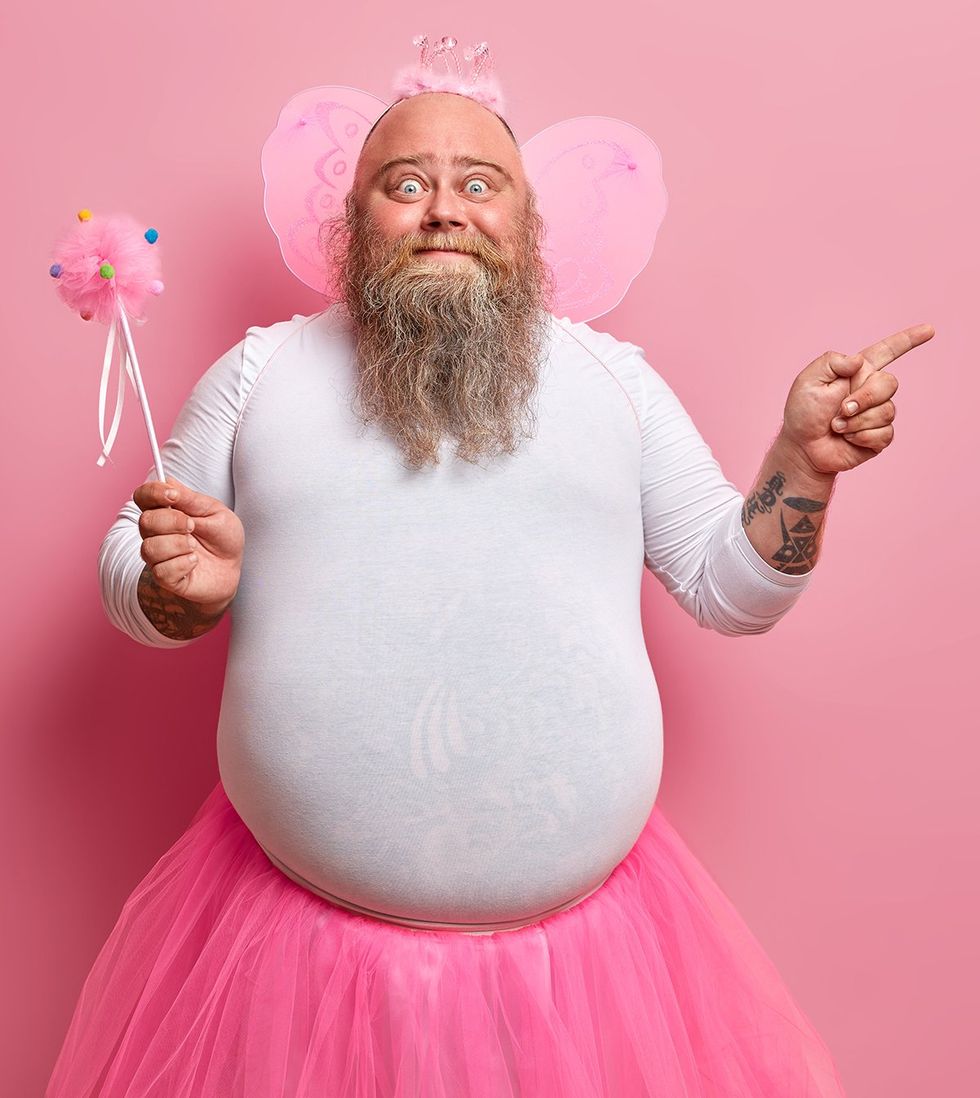
Shutterstock creative
It’s a term for an effeminate gay man, and like some other slang words, it’s abusive and disparaging, Merriam-Webster says. But some gay men have embraced it, as in the Radical Faeries movement started by Mattachine Society founder Harry Hay in the 1970s. There are still Radical Faeries groups, and there’s no one definition of the term, but “generally, we tend to be queer people who look for a spiritual dimension to our sexuality; many of us are healers of one kind or another,” according to RadFae.org.
Pansy

Shutterstock creative
Again, considered a disparaging term for gay men, per Merriam-Webster, but it’s been reclaimed by some, like the queercore band Pansy Division, formed in 1991. There have been gay rock musicians, largely unacknowledged, for ages, but “Pansy Division blew the closet doors open,” says the band’s official website. Also, fun fact: Margaret Mitchell originally named the heroine of Gone With the Wind Pansy O’Hara, but she changed the name to Scarlett when her publisher noted that Pansy had, uh, connotations.
Fruit, also Fruitcake

Shutterstock creative
This may derive from a coded language called Polari, used by Londoners beginning in the 19th century or perhaps earlier, says a blogger called The Closet Professor. It could have come to be used for gay men because “fruits are soft and tender,” he notes, but it may be tied more sinisterly to the phrase “nuttier than a fruitcake,” given that being gay was once considered a mental illness. Like many of the terms here, it’s considered fairly harmless when used within the community, deeply offensive when it comes from homophobes.
Uranian
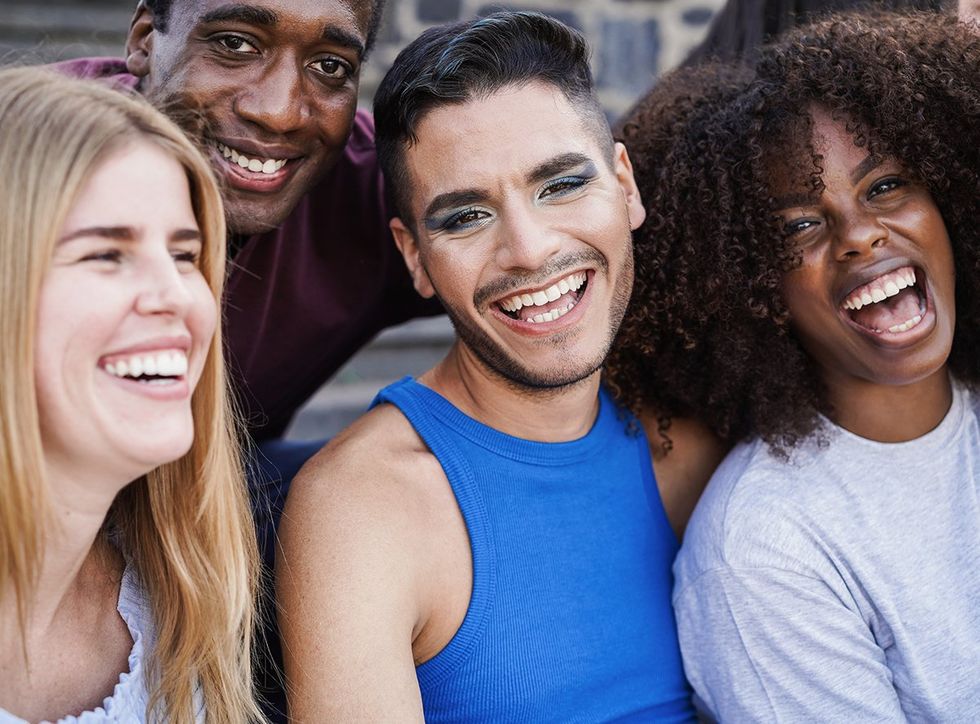
Shutterstock creative
"’Uranian" was a British derivation from ‘Urning,’ a word invented by German jurist Karl Heinrich Ulrichs in the 1860s,” Ruth Pettis writes at GLBTQArchive.com. Ulrichs dubbed gay men “Urnings,” straight men "Dionings," and bisexual men "Uranodionings." In the U.K., “Uranian” was embraced by several writers and intellectuals, including Edward Carpenter. “In his remarkable 1908 book, The Intermediate Sex: A Study of Some Transitional Types of Men and Women, he proposes the ‘Uranian’ — his term for gay men and women — as not only worthy of compassion and tolerance, but also full of radical, utopian potential, even ‘the natural leaders of mankind,’” Theodore McCombs wrote in Slate in 2023.
Nancy boy
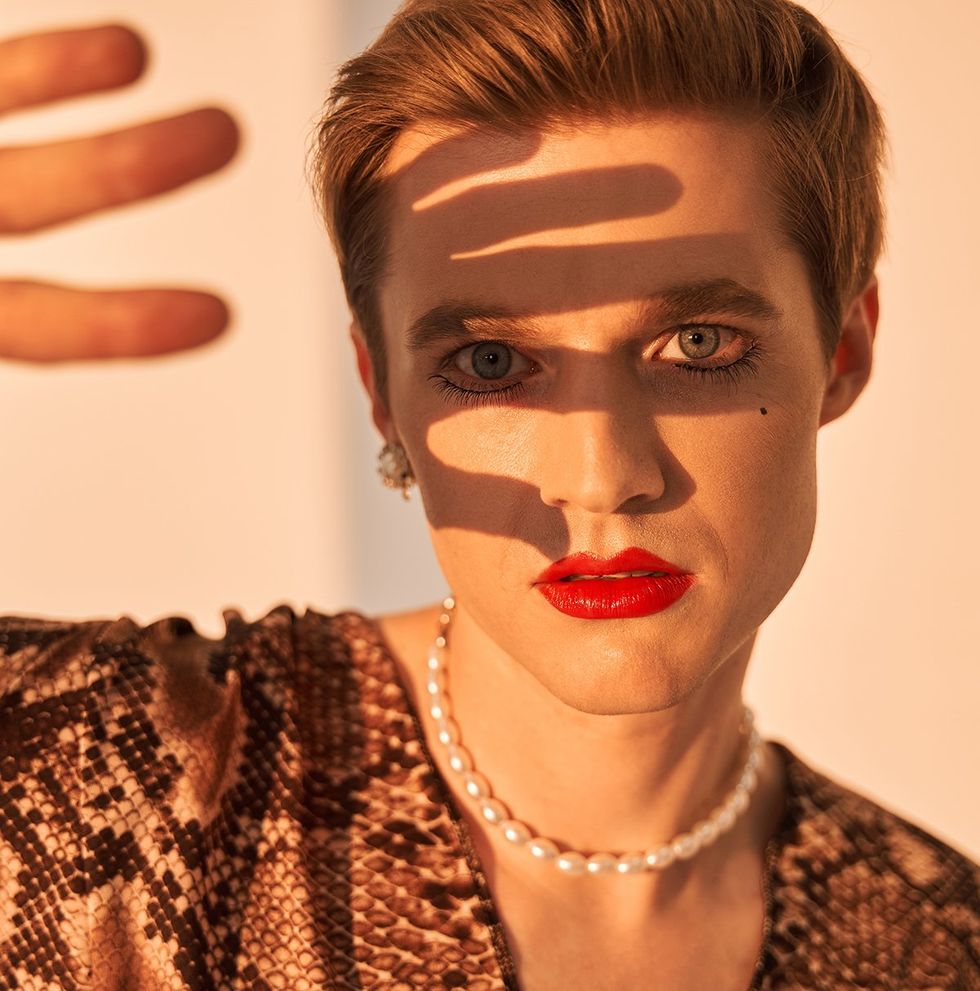
Shutterstock creative
Like “Mary,” this is an example of a woman’s name being appropriated as a term for gay men, and it’s considered derogatory. It was used around the world during the 20th century, according to a U.K. source, the Chew Inclusive Terminology Glossary. “Miss Nancy” is a variant. The term also gave its name to a character in burlesque shows called “The Nance,” who “pranced about the stage, creating campy scenes and sketches of gay life,” Bruce Chadwick wrote on History News Network in 2013. “He put on an outrageous show and audiences loved him.” As New York City prepared to host the 1939 World’s Fair, Mayor Fiorello LaGuardia feared the burlesque shows and especially The Nance would create a bad image for the city, so police raided burlesque theaters. Some closed, and others eliminated the character or minimized his stage time. The situation was dramatized in a 2013 Broadway play titled The Nance, written by Douglas Carter Beane and starring Nathan Lane. There’s also a 1996 song called “Nancy Boy,” celebrating sexuality of all kinds, by the British alt-rock band Placebo, and there was a short-lived band of that name in the 1990s as well.
Pillow biter

Shutterstock creative
This derives from the idea that the receiving partner in anal sex may bite the pillow while in a state of ecstasy or pain. It also gained some traction in a British scandal that involved Jeremy Thorpe, a member of Parliament, and a handsome young man named Norman Scott. Thorpe helped Scott out when the latter lost his job as a stable hand, and the two were said to have become lovers in the early 1960s, something Thorpe denied until his death in 2014. Homosexuality was illegal in the U.K. at the time. Their relationship ended after a few years, and then Scott tried to expose Thorpe as gay. Thorpe was eventually accused of hiring a hitman to get rid of Scott. Thorpe was acquitted of attempted murder after a trial in 1979, but his political career was over, due both to the scandal and his country’s rightward turn under Prime Minister Margaret Thatcher. “In an account that may have pandered to the prejudices of the time, Scott told the eventual trial that the sex had been so painful he had to bite the pillow to stop himself crying out in pain,” The Independent notes. Hugh Grant starred as Thorpe and Ben Whishaw as Scott in a 2018 miniseries, A Very English Scandal.
Shirt lifter

The term is mostly used by British and Australian English speakers. It's an offensive term for a gay man. A colleague recommends the British films Another Country and Maurice for references as well. It’s also the title of a series of gay-themed graphic novels by Steve MacIsaac.
Invert
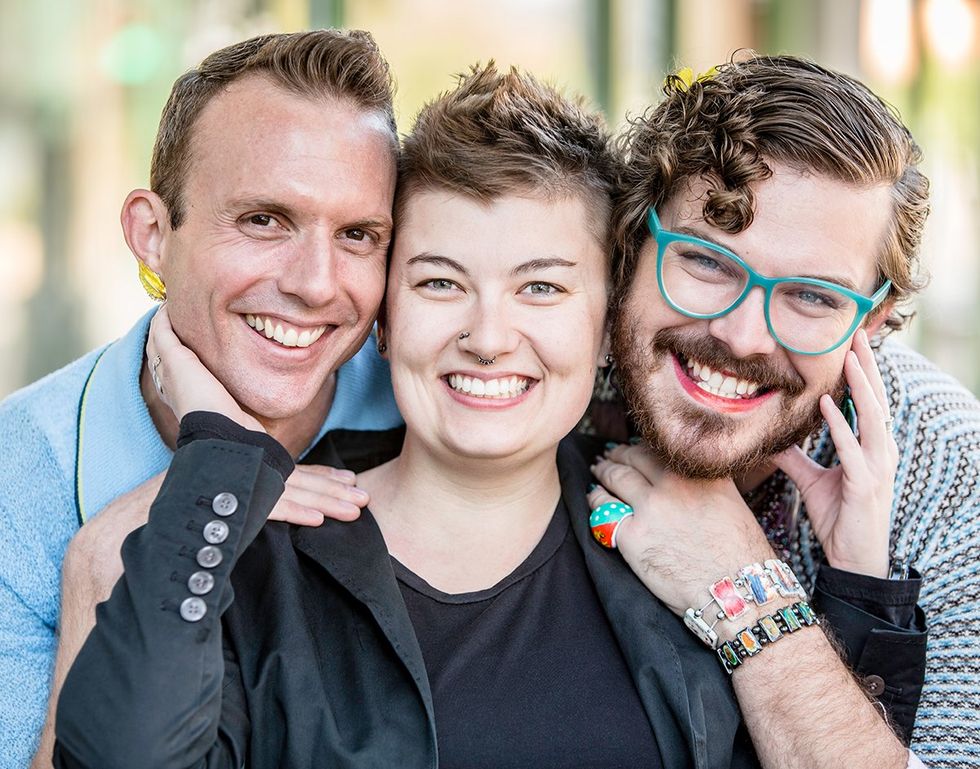
“Invert” and “inversion” were popularized among scientists in the early 20th century by Sigmund Freud, who theorized that gay men were similar to straight women and lesbians to straight men — thus that their sexuality was inverted, as noted in a paper on the American Psychological Association’s website. Few gays and lesbians embraced the term, although British lesbian author Radclyffe Hall called herself a “congenital invert” and used “invert” to describe the butch lesbian protagonist, Stephen Gordon, of her famous novel The Well of Loneliness. There’s an informative article about Hall and the novel on the U.K. National Archives blog.




